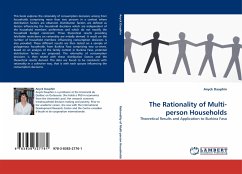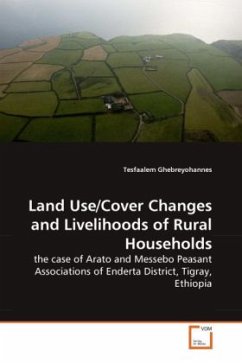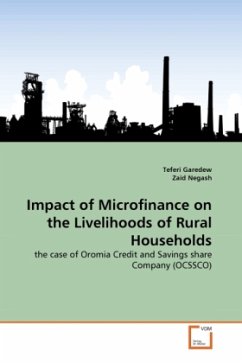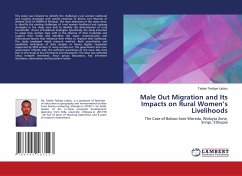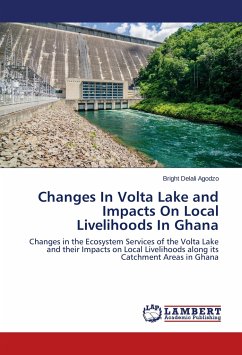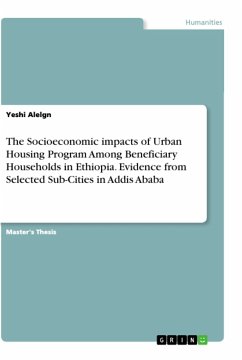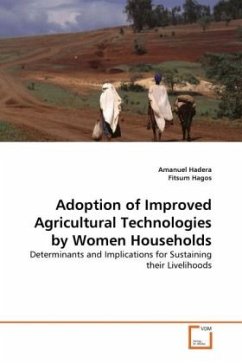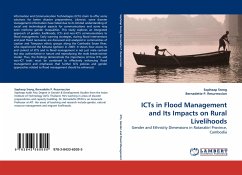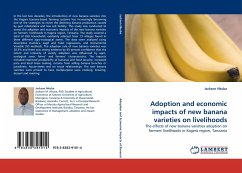
Adoption and economic impacts of new banana varieties on livelihoods
The effects of new banana varieties adoption on farmers' livelihoods in Kagera region, Tanzania
Versandkostenfrei!
Versandfertig in 6-10 Tagen
45,99 €
inkl. MwSt.

PAYBACK Punkte
23 °P sammeln!
In the last two decades, the introduction of new banana varieties into the Kagera banana-based farming systems has increasingly becoming one of the strategies to revive the declining banana production caused by pest infestations and low soil fertility. This study was conducted to assess the adoption and economic impacts of the new banana varieties on farmers' livelihoods in Kagera region, Tanzania. The study covered a total of 260 households randomly selected from 13 villages found in three different agro-ecological zones. The data were analyzed using descriptive statistics, Logit and Tobit re...
In the last two decades, the introduction of new banana varieties into the Kagera banana-based farming systems has increasingly becoming one of the strategies to revive the declining banana production caused by pest infestations and low soil fertility. This study was conducted to assess the adoption and economic impacts of the new banana varieties on farmers' livelihoods in Kagera region, Tanzania. The study covered a total of 260 households randomly selected from 13 villages found in three different agro-ecological zones. The data were analyzed using descriptive statistics, Logit and Tobit regressions, and Instrumental Variable (IV) methods. The adoption rate of new banana varieties was 28.5% and there was strong evidence by 95 percent confidence that the extent and intensity of variety adoption was influenced by agro-ecological zone, farms' and farmers' characteristics. The impacts included improved productivity of bananas and food security, increased juice and local brew making, income from selling banana bunches or juice/brew, house-sheds and on social relationships. The new banana varieties were proved to have multipurpose uses; cooking, brewing, dessert and roasting.



